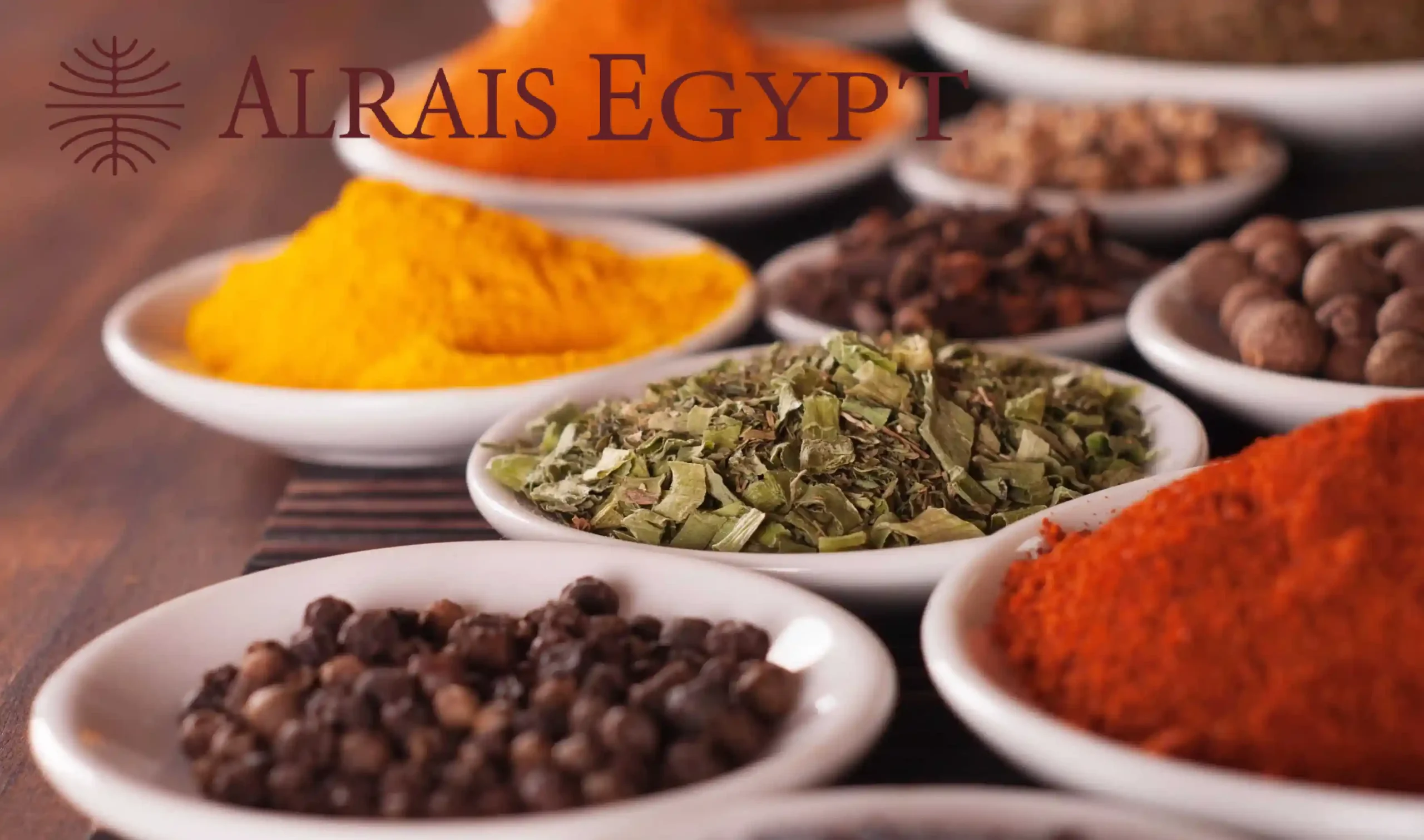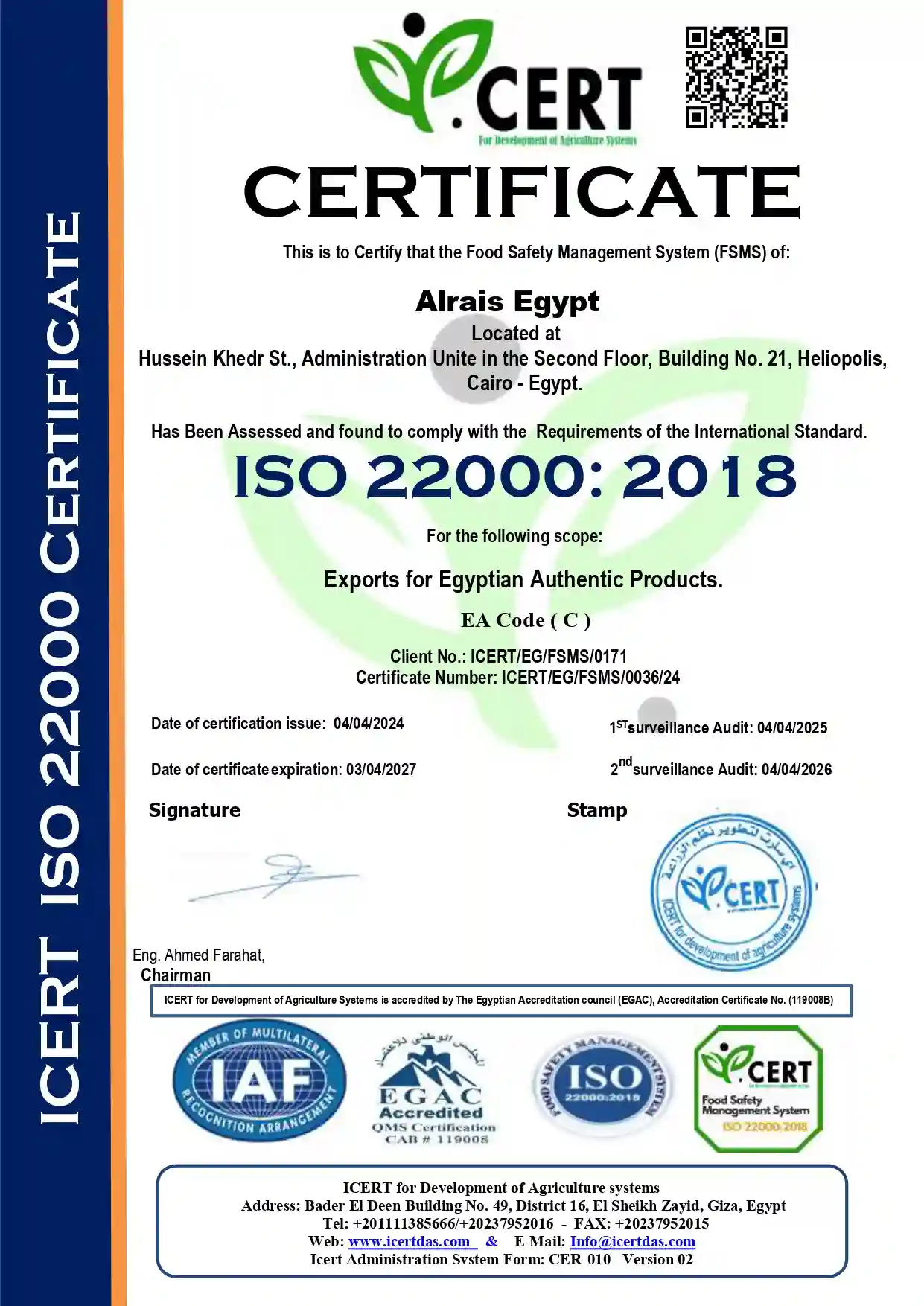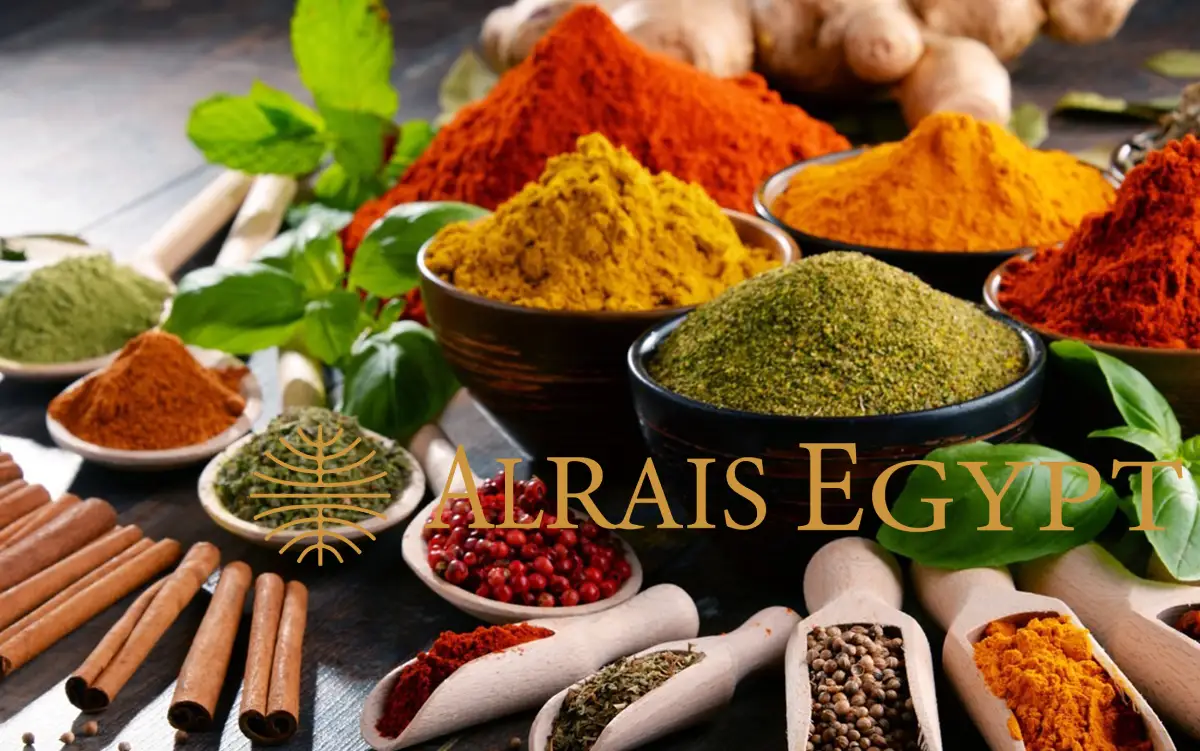The international spice trade has connected continents for centuries. From the ancient Silk Road to today’s global supply chains, spices remain one of the most valuable commodities worldwide. But while centuries ago spices traveled with little regulation, today’s global markets demand much more.
At the heart of modern spice exports and imports are spice trade certifications. These certifications are more than just paperwork, they are proof of quality, safety, and compliance with international laws. For importers, distributors, and food manufacturers, working with a supplier that provides the right certifications is essential to success.
1. Why Certifications Matter in the International Spice Trade
Spices are consumed daily in homes, restaurants, and food manufacturing worldwide. That means they must meet high safety standards to protect consumer health. Certifications serve several critical functions:
- Guarantee of Quality – Assure buyers that spices meet agreed-upon standards.
- Food Safety Assurance – Reduce risks of contamination, pesticide residues, or microbial hazards.
- Market Access – Certain certifications are mandatory to enter specific markets.Trust Building – Importers and distributors need verified proof before investing in bulk shipments.
Without the right spice trade certifications, even the finest herbs and spices may be rejected at customs or fail to reach store shelves.
2. Key Certifications in Spice Trade
ISO Certifications
The International Organization for Standardization (ISO) sets benchmarks for food safety and quality management. ISO standards help spice exporters prove consistency in production and handling.
- ISO 22000 – Food safety management system certification.
- ISO 9001 – Ensures consistent quality management across processes.
FSSC (Food Safety System Certification)
A globally recognized certification, FSSC is crucial for large-scale food production and export. It verifies that food products are processed under strict hygiene and safety guidelines.
Halal Certification
For the Middle East, North Africa, and other Muslim-majority markets, Halal certification is essential. It ensures spices are processed, stored, and transported in compliance with Islamic dietary laws.
FDA Registration
For exports to the United States, registration with the Food and Drug Administration (FDA) is mandatory. It verifies that the exporter is compliant with U.S. international spice trade regulations, including labeling and food safety laws.
Phytosanitary Certificates
Issued by national plant protection organizations, these certificates confirm that spices are free from pests and diseases. They are essential for almost every international shipment.
Certificate of Origin
This document certifies where the spices were grown and processed. It is critical for customs clearance and to meet trade agreement requirements.
Follow us on Linkedin
3. How Certifications Impact Market Access
Every market has its own rules. Without proper spice trade certifications, exporters risk having shipments delayed or rejected. Here’s how certifications align with different regions:
- United States – Requires FDA registration, compliance with FSMA, and lab testing.
- European Union – Enforces strict pesticide residue limits and mandatory traceability.
- Gulf Countries (GCC) – Demand Halal certification and Arabic labeling.
- Asia-Pacific – Require phytosanitary checks, allergen labeling, and pesticide residue reporting.
By holding these certifications, Alrais Egypt opens doors to all these markets, ensuring smoother trade relationships.
4. Alrais Egypt’s Certified Excellence
At Alrais Egypt, certifications are not just about meeting minimum requirements, they are a foundation of our identity as a trusted spices company in the international spice trade. Our certifications include:
- ISO & Food Safety System Certificate (FSSC)
- Halal Certification for vegetarian products
- FDA registration for U.S. exports
- Phytosanitary & Certificates of Origin with every shipment
You can review our Certificates to see the official documentation that backs our exports.
5. Sustainability and Recognition
Certifications also connect to sustainability and innovation in global trade. In 2025, Alrais Egypt was awarded the Better Stand Award at Fi Africa & ProPak MENA, recognizing our eco-friendly and sustainable booth design. This recognition reflects our ongoing efforts to not only comply with rules but also to lead in responsible practices.
6. The Risks of Ignoring Certifications
Without proper spice trade certifications, importers and distributors face significant risks:
- Customs delays and financial penalties
- Seized or destroyed shipments
- Loss of brand reputation if unsafe spices reach consumers
- Legal action for non-compliance
For new traders entering the spice business, ignoring certifications can be a costly mistake.
7. Related Insights
If you’re exploring more about the global spice business, you may also find these blogs helpful:
- Understanding Spice Import Regulations Worldwide
- Spices Import Export Guide for New Traders and Distributors
- Why Alrais Egypt is the Spices Company You Can Trust
8. FAQs
Q1: What is the most important certification in the spice trade?
It depends on the target market. ISO and FSSC are globally important, while FDA registration is mandatory for the U.S., and Halal certification is critical for GCC markets.
Q2: Can Alrais Egypt provide all required documentation?
Yes. We supply ISO, FSSC, Halal, FDA registration, Phytosanitary Certificates, and Certificates of Origin with every order.
Q3: Why are spice trade certifications so strict in Europe?
The EU enforces strict rules to protect consumers from contaminants, pesticide residues, and allergens, ensuring food safety at the highest level.
Q4: Do certifications increase costs for importers?
While certifications add compliance costs, they protect importers from much larger financial risks caused by rejections, recalls, or legal issues.
Q5: Are all spices from Alrais Egypt Halal-certified?
Yes. We provide Halal-certified vegetarian products, ensuring compliance for Muslim-majority markets.
Conclusion
The international spice trade relies on much more than demand and supply—it depends on trust, safety, and compliance. Spice trade certifications serve as the backbone of this trust, providing assurance to importers and consumers alike.
At Alrais Egypt, our certifications and recognition prove our commitment to excellence. Whether you are importing to the U.S., Europe, GCC, or Asia, we ensure your spices meet the strictest global standards.
Explore our full Herbs & Spices catalog today and partner with a certified leader in the international spice trade.


